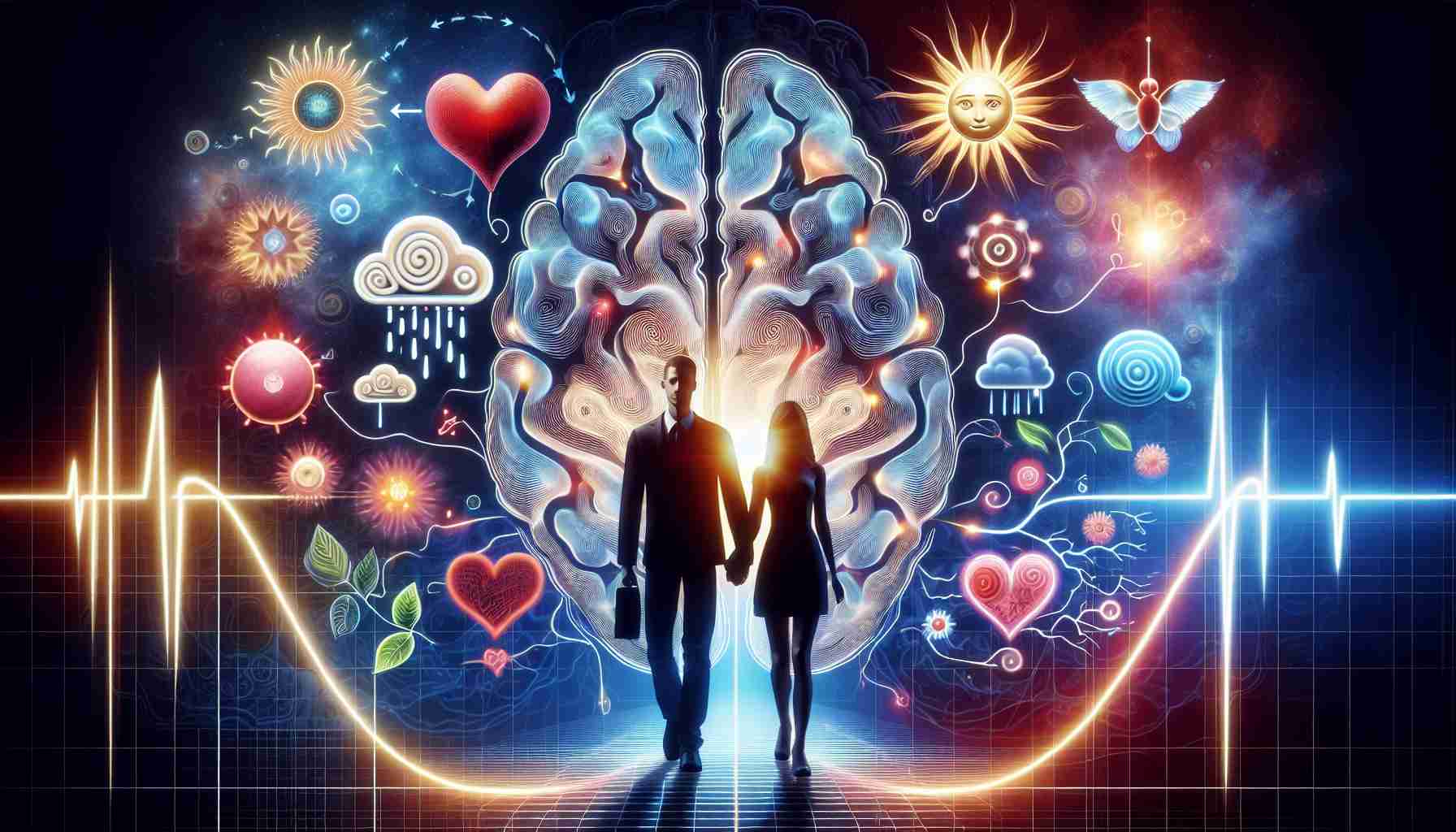Newly Discovered Insights into Love and Relationships
Research findings reveal a fascinating perspective on how individuals perceive love and relationships. The recent study, published in a reputable journal, delves into the complexities of emotional connections and romantic tendencies. Contrary to previous beliefs, the frequency of falling in love may not always equate to susceptibility to infidelity.
Exploring Emotional Patterns
A team of experts conducted a study involving a diverse group of participants to analyze romantic inclinations and emotional responsiveness. The results unveiled a two-factor scale that measures an individual’s propensity for developing romantic feelings. These findings challenge conventional notions about love and fidelity.
The Dynamics of Affection
Furthermore, the research team investigated potential links between romantic predispositions and various personality traits. While there was a slight correlation between romantic tendencies and certain traits like pleasant disposition and honesty, the study also highlighted the intricate relationship between love patterns and potential infidelity risks.
Understanding Emotional Complexity
Although an inclination for frequent and intense romances could potentially lead to infidelity, it remains crucial to acknowledge that emotions are multifaceted and individual experiences vary. The study sheds light on the complexity of human emotions and relationships, emphasizing the need for nuanced interpretations of romantic behaviors.
The Intricacies of Emotions and Relationships Unveiled
As we delve further into the realm of emotions and relationships, a myriad of intriguing facts emerge that shed light on the intricacies of human connections. While the previous article touched on certain aspects, there are additional key questions that remain to be explored.
What Influences Our Emotional Responses?
One crucial aspect that demands attention is the role of past experiences in shaping our emotional responses within relationships. Research suggests that childhood attachment styles play a significant role in how individuals perceive love and form attachments in adulthood. Understanding these underlying mechanisms can provide valuable insights into relationship dynamics.
Do Hormones Play a Role in Romantic Behavior?
Another important question pertains to the influence of hormones on romantic behavior. Studies have revealed that neurotransmitters such as dopamine and oxytocin play a crucial role in bonding and attachment, influencing how individuals experience love and connection. Exploring these biological aspects can offer a deeper understanding of the science behind our emotional experiences.
Challenges and Controversies in Emotional Research
Despite the advancements in understanding emotions and relationships, there are inherent challenges and controversies in the field. One key challenge is the subjective nature of emotions, making it difficult to quantify and measure accurately. Additionally, cultural differences and societal norms can impact how emotions are expressed and interpreted, leading to complexities in research findings.
Advantages and Disadvantages of Emotional Awareness
Increased emotional awareness can have numerous benefits in cultivating healthier relationships and promoting personal growth. Individuals who are attuned to their emotions are better equipped to communicate effectively and navigate interpersonal conflicts. However, an excessive focus on emotions can also lead to heightened sensitivity and emotional reactivity, potentially causing distress in relationships.
For further insights into the science of emotions and relationships, you may explore additional resources from Psychology Today to enhance your understanding of the complexities underlying human behaviors and emotional responses.



